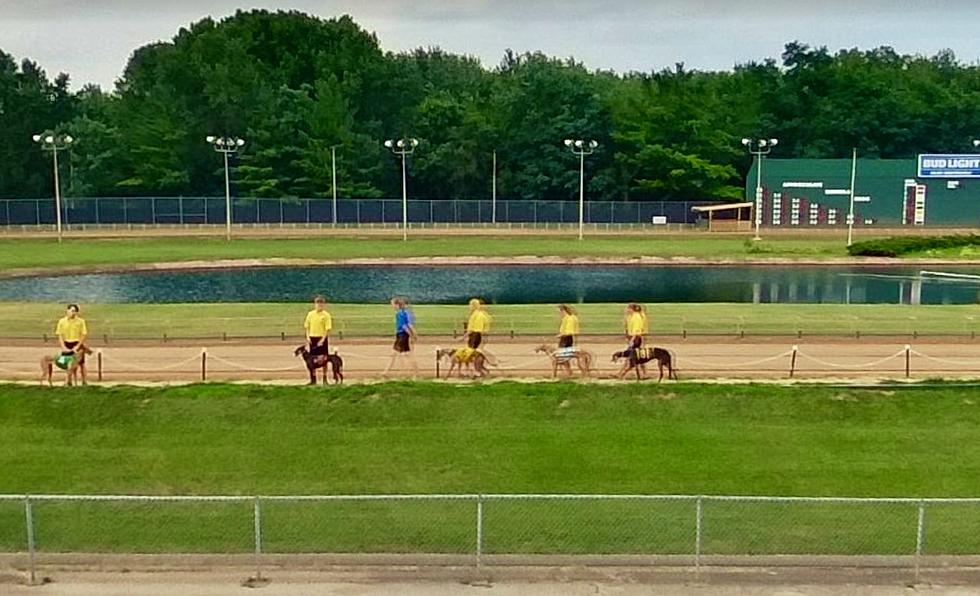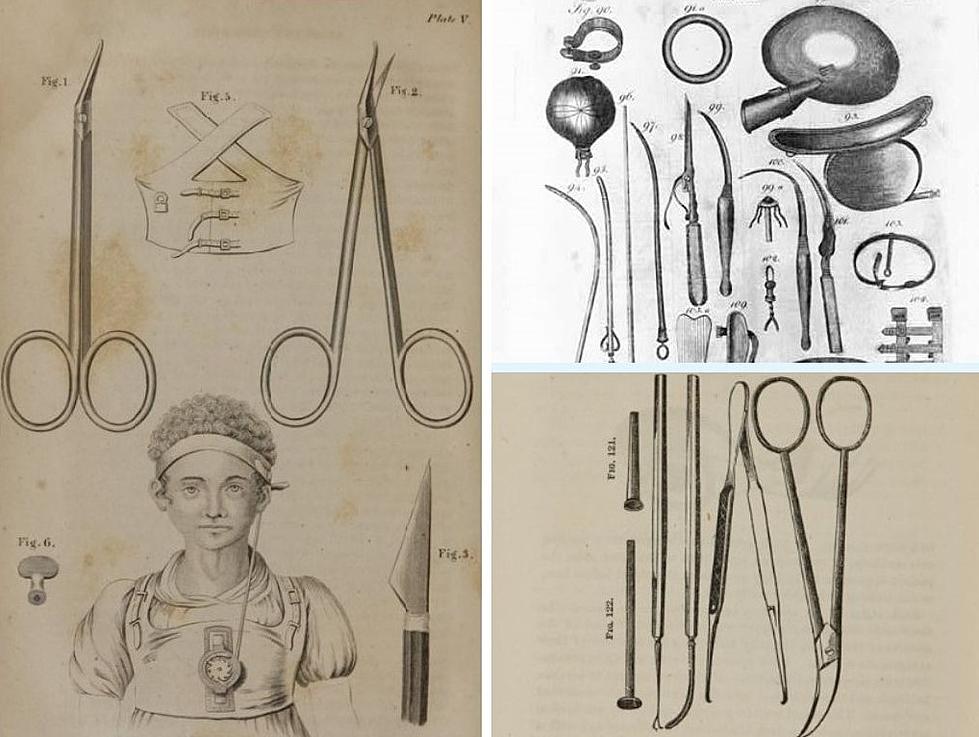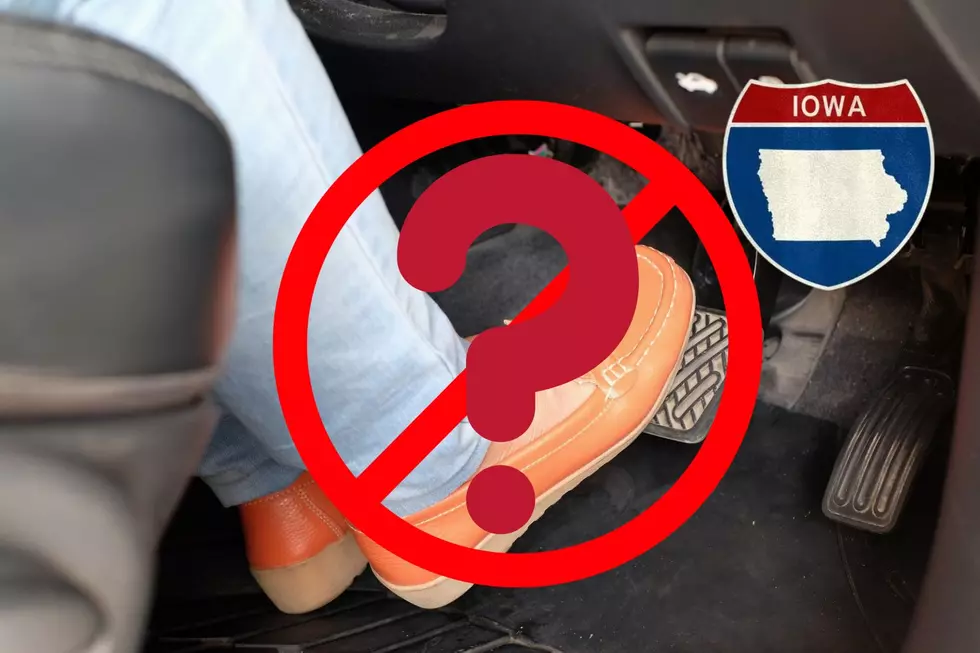
Dubuque Greyhounds Head for Homestretch
The end of an era draws near, with greyhound dog racing in Dubuque set to run its last race on Sunday, May 15, 2022. Thirty-seven years from its opening.
Nationally the industry has been on the decline for a number of years seeing a significant backlash from animal rights activists and competition from other forms of gaming.
While Dubuque has been able to sustain a semblance of a racing program, the final bell is soon to ring on an industry that helped move Dubuque out of its early 80s doldrums.
Looking Back
On June 1, 1985, citizens celebrated the opening of Dubuque Greyhound Park with great fanfare and optimism. The venture drew national media attention and it was the talk of Iowa, attracting large crowds of thousands to what many believed was the City's Hail Mary pass towards economic salvation.
The City of Dubuque struggled to find its confidence and path forward as it grappled with the economic devastation of record unemployment from the "Farm Crisis." Then, however, the tide began to turn when it decided to wager its future on the sleek greyhound racers.
Prospects brightened when the local bond measure to finance the track passed, with 71% voting in favor of the $6.5 million to fund construction on the City's undeveloped Chaplain Schmitt Island. The referendum turnout was the largest in Dubuque's history.
The Mississippi River island would develop over three decades to be home to many popular amenities including a top-tier softball complex, ice skating arena, campground, marina, Veterans Memorial, lodging, and the Q Casino.
The stakes were high but the bet paid off with people flocking to wager and spend millions at Dubuque's premier riverfront racetrack a few years ahead of Waterloo, IA, and Wisconsin racetracks and riverboat casino competition popping up throughout the region.
A night or day out at the Greyhound Park was unlike anything seen or experienced before in the City. However, the modern facility was much more than a place for parimutuel betting or a popular entertainment venue.
The Greyhound Park was a much-needed jobs creator, putting many Dubuque residents to work, earning what was then considered a decent wage for the first time in several years after the early-80s recession had pummeled the community to the brink of despair.
Greyhound racing attracted tourists and positive attention to the beleaguered City helping to fill area hotel rooms and restaurants. While wagering your future on a single bet is not typically advised, Dubuque's bet was enough steps ahead of the competition to pay off.
The community leaders of the day had the foresight to establish a facility owned by the City of Dubuque and operated under the guidance of the community-represented Dubuque Racing Association. The setup kept any profits within Dubuque county and Tri-States. Allowing for millions of dollars to circulate annually back into the community.
As the nation's first nonprofit Greyhound racetrack, the profits went to the City and area charitable organizations. Also, pari-mutuel and gaming taxes provided revenue for the City, county, and state.
Over the past few decades, Dubuque's recovery and transformation from a worn-out industrial river town to a thriving and diversified economy have been profound.
When the last greyhound takes its final lap, it's worth remembering how a last-ditch bet on the dogs 37 years ago helped keep the lights on and set Dubuque up on today's winning track.
KEEP READING: 10 classic board games that will take you way back
More From Y105









